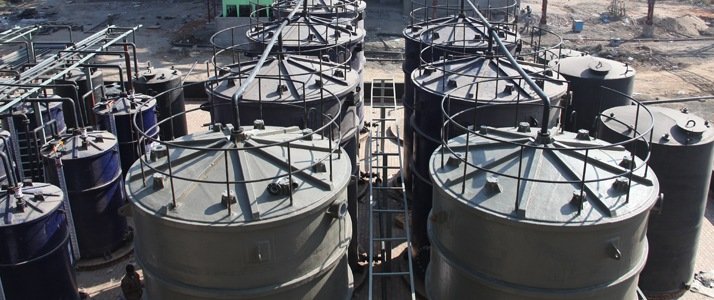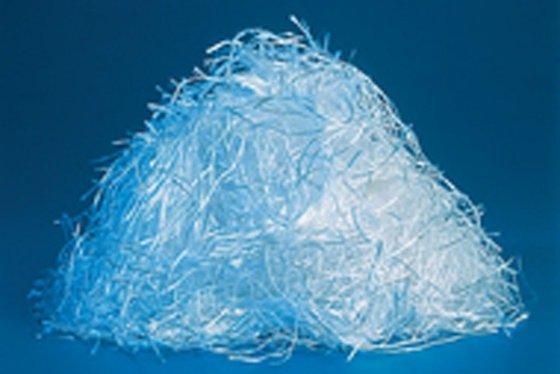Vinyl ester
Vinyl Ester is a resin produced by the esterification of an epoxy resin with an unsaturated monocarboxylic acid. The reaction product is then dissolved in a reactive solvent, such as styrene, to a 35–45 percent content by weight.
This thermoset material can be used as an alternative to polyester and epoxy materials as the thermoset polymer matrix in composite materials, where its characteristics, strengths, and bulk cost are intermediate between polyester and epoxy. Vinyl ester has lower resin viscosity (approx 200cps) than polyester (approx 500cps) and epoxy (approx 900cps).
In home-built airplanes, the Glass air and Glass tar kit planes made extensive use of vinyl ester fiberglass-reinforced structures. It is a common resin in the marine industry due to its increased corrosion resistance and ability to withstand water absorption. Vinyl ester resin is extensively used to manufacture FRP tanks and vessels as per BS 4994. For laminating process, vinyl ester is added with ratio between methyl ethyl ketone peroxide. It has more strength and mechanical properties than polyester and less than epoxy resin.



